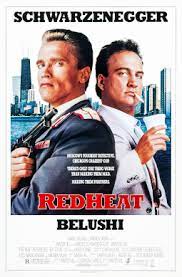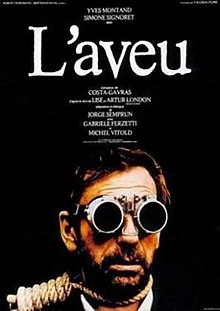The story begins with three returning veterans catching a flight back home to Boontown, USA (modeled on Cincinnati, Ohio.) They get to know each other and form close bonds. Frederik March stars as Al Stevenson, a banker with a wife and family. Dana Andrews plays bombardier pilot Fred Derry who comes home to find his wife Marie cool and distant (Virginia Mayo), Harold Russell earned an Oscar as Homer Parrish, a sailor who lost both his hands in an explosion. Worried about his family and whether his fiancé Wilma (Cathy O'Donnell) will accept him, so he seeks solace with his fellow veterans.
Myrna Loy (famously Nora Charles from the Thin Man series) got top billing as Al's wife Milly, a model of steadiness and good sense during the time he was away. Their daughter Peggy (Teresa Wright) works at the local hospital and is ready to begin her life. It's not just a story about the men per se, female characters in the film are there to provide reassurance but are often the stronger ones in the relationships.
Robert Sherwood's script handles all the relationships and conflicts that arise with great sensitivity. The homecoming scenes are especially moving, as Homer's parents fight back tears at seeing him with no hands. Small moments are used to great effect to illustrate the transition to civilian life. It captures both the relief and sense of familiarity with returning home, but also the alienation of returning to a mundane life with people who don't understand what they experienced.
With so many young people absent during the war, there were concerns about unemployment and the economy, even a return to the Depression. In one of my favorite scenes, a man confronts Homer and Fred about their service and that they fought for a bad cause, arguing the U.S. should've sided with Germany, reminds me of certain twitter trolls.
The Best Years of Our Lives communicates both the hope and uncertainty of the immediate post-war years. Atomic power is obliquely mentioned, the Cold War was barely on the horizon. Everyone realized the world was changing at a rapid pace, in the midst of trying to find stability, in their case, through community and family. Changing gender dynamics and the higher expectations that all Americans shared in the post-war years are all present.
Unfortunately, Hollywood movies in the coming decades did not provide an inclusive view of the post-war experience. There were so many more stories to tell. I think that's why The Best Years of Our Lives endures as a classic, for its realist approach combined with the honesty and compassion running through the entire picture.




